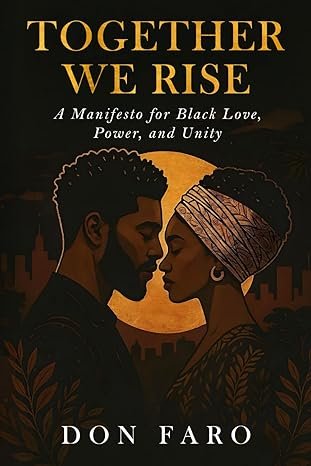 Image 1 of
Image 1 of

Civil Rights History From the Ground Up
After decades of scholarship on the civil rights movement at the local level, the insights of bottom-up movement history remain essentially invisible in the accepted narrative of the movement and peripheral to debates on how to research, document, and teach about the movement. This collection of original works refocuses attention on this bottom-up history and compels a rethinking of what and who we think is central to the movement. The essays examine such locales as Sunflower County, Mississippi; Memphis, Tennessee; and Wilson, North Carolina; and engage such issues as nonviolence and self-defense, the implications of focusing on women in the movement, and struggles for freedom beyond voting rights and school desegregation. Events and incidents discussed range from the movement’s heyday to the present and include the Poor People’s Campaign mule train to Washington, D.C., the popular response to the deaths of Rosa Parks and Coretta Scott King, and political cartoons addressing Barack Obama’s presidential campaign. The kinds of scholarship represented here―which draw on oral history and activist insights (along with traditional sources) and which bring the specificity of time and place into dialogue with broad themes and a national context―are crucial as we continue to foster scholarly debates, evaluate newer conceptual frameworks, and replace the superficial narrative that persists in the popular imagination.
After decades of scholarship on the civil rights movement at the local level, the insights of bottom-up movement history remain essentially invisible in the accepted narrative of the movement and peripheral to debates on how to research, document, and teach about the movement. This collection of original works refocuses attention on this bottom-up history and compels a rethinking of what and who we think is central to the movement. The essays examine such locales as Sunflower County, Mississippi; Memphis, Tennessee; and Wilson, North Carolina; and engage such issues as nonviolence and self-defense, the implications of focusing on women in the movement, and struggles for freedom beyond voting rights and school desegregation. Events and incidents discussed range from the movement’s heyday to the present and include the Poor People’s Campaign mule train to Washington, D.C., the popular response to the deaths of Rosa Parks and Coretta Scott King, and political cartoons addressing Barack Obama’s presidential campaign. The kinds of scholarship represented here―which draw on oral history and activist insights (along with traditional sources) and which bring the specificity of time and place into dialogue with broad themes and a national context―are crucial as we continue to foster scholarly debates, evaluate newer conceptual frameworks, and replace the superficial narrative that persists in the popular imagination.
After decades of scholarship on the civil rights movement at the local level, the insights of bottom-up movement history remain essentially invisible in the accepted narrative of the movement and peripheral to debates on how to research, document, and teach about the movement. This collection of original works refocuses attention on this bottom-up history and compels a rethinking of what and who we think is central to the movement. The essays examine such locales as Sunflower County, Mississippi; Memphis, Tennessee; and Wilson, North Carolina; and engage such issues as nonviolence and self-defense, the implications of focusing on women in the movement, and struggles for freedom beyond voting rights and school desegregation. Events and incidents discussed range from the movement’s heyday to the present and include the Poor People’s Campaign mule train to Washington, D.C., the popular response to the deaths of Rosa Parks and Coretta Scott King, and political cartoons addressing Barack Obama’s presidential campaign. The kinds of scholarship represented here―which draw on oral history and activist insights (along with traditional sources) and which bring the specificity of time and place into dialogue with broad themes and a national context―are crucial as we continue to foster scholarly debates, evaluate newer conceptual frameworks, and replace the superficial narrative that persists in the popular imagination.
Publication Date: March 15, 2011
ISBN-10 : 0820338656
ISBN-13 : 978-0820338651
Author: Emilye Crosby (Editor, Contributor), Amy Nathan Wright (Contributor), Charles Payne (Contributor), Charles W. McKinney Jr. (Contributor), Hasan Jeffries (Contributor), J. Moye (Contributor), Jeanne Theoharis (Contributor), John Dittmer (Contributor), Judy Richardson (Contributor), Laurie B. Green (Contributor), Robyn C. Spencer (Contributor), Wesley Hogan (Contributor)
Publisher: University of Georgia Press
Pages: 510




